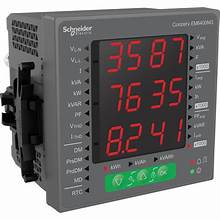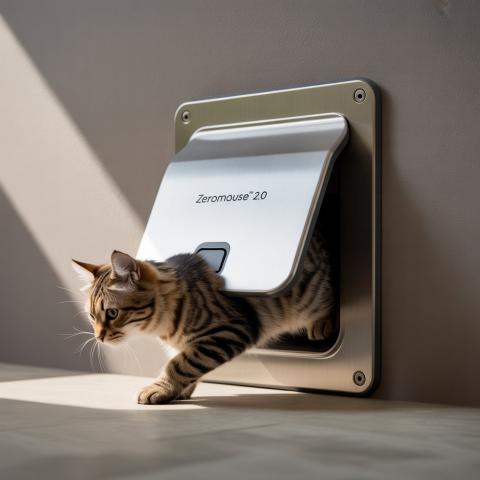Introduction
Power meters are vital tools for industries aiming to manage and reduce their electricity costs. These devices provide detailed insights into power usage, allowing businesses to optimize their energy consumption and save money.
What Are Power Meters?
Power meters are instruments that measure the amount of electrical power used by a system or device. They are crucial in industrial settings, where electricity consumption is typically high and complex.
Benefits of Using Power Meters
Accurate Monitoring
Power meters offer precise measurement of energy usage. This accuracy helps industries identify areas where energy is wasted and make informed decisions to enhance efficiency.
Cost Savings
By providing detailed data on electricity consumption, power meters enable industries to implement energy-saving strategies. This leads to significant cost reductions on electricity bills.
Improved Efficiency
With power meters, industries can monitor their equipment and processes in real time. This continuous monitoring helps in maintaining optimal performance and preventing energy waste.
Enhanced Sustainability
Using power meters contributes to sustainability efforts. By reducing energy consumption, industries can lower their carbon footprint and promote environmental responsibility.
How Power Meters Work
Data Collection
Power meters collect data on electricity usage, capturing parameters such as voltage, current, and power factor. This data is crucial for analyzing energy consumption patterns.
Data Analysis
The collected data is then analyzed to identify trends and anomalies. Advanced power meters offer software integration, providing detailed reports and actionable insights.
Implementation of Savings Measures
Based on the analysis, industries can implement various measures to save electricity. These measures might include upgrading equipment, optimizing processes, or adjusting operational schedules.
Types of Power Meters
Digital Power Meters
Digital power meters are known for their accuracy and ease of use. They provide real-time data and are often equipped with advanced features like remote monitoring.
Analog Power Meters
Although less common today, analog power meters are still used in some industries. They are simple and durable but lack the advanced features of digital meters.
Smart Power Meters
Smart power meters are the latest in power measurement technology. They offer remote monitoring, automated reporting, and integration with other smart devices and systems.
Implementing Power Meters in Industry
Installation Process
The installation of power meters is straightforward. It involves connecting the meter to the electrical system and configuring it to record the necessary data.
Training and Maintenance
Proper training is essential to ensure that personnel can effectively use and maintain power meters. Regular maintenance is also crucial to keep the meters functioning accurately.
Case Studies
Many industries have successfully implemented power meters and reported significant savings. For instance, a manufacturing plant might reduce its electricity costs by 15% after installing and utilizing power meters. And if the PLCs are used, then power meters are very much necessary for each and every industry.
Conclusion
Power meters are indispensable tools for industries looking to cut down on electricity costs. They offer accurate monitoring, facilitate cost savings, improve efficiency, and support sustainability. By investing in power meters, industries can achieve substantial financial and environmental benefits.








